Seniors take solo trip to Africa
Moore and Dewhurst hold the wrinkled trunks of the elephants they just fed. Following every meal, the girls collected leftover tree branches for use in the local communities.
Fleeing from three rhinos charging at them in a foreign country by reversing uphill was not what seniors Alex Moore and Sophia Dewhurst envisioned when planning their volunteer trip to South Africa.
“We were swerving on gravel, trying to avoid the rhinos who were upset by the vehicle,” Moore said. “They began chasing us and would not back down for a solid two minutes. Once we reached a green patch, Mariné [the volunteer leader] was able to reverse and drive straight again.”
They fed the rhinos in their secluded inhabitance with a single entrance and exit. They encountered the territorial mammals, capable of speeds up to 34 mph, while setting out their food as they had done the previous two days.
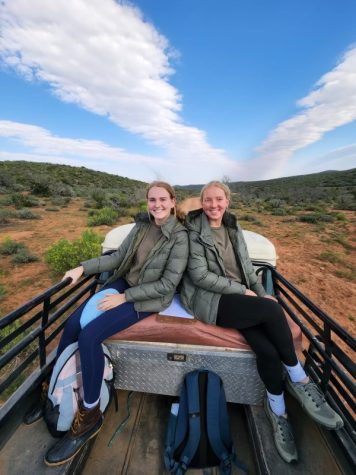
Two years ago, before a trip alone to South Africa was conceivable for Dewhurst and Moore, they were working for Vitls, a medical device company. The two worked 40-hour weeks assembling Vitls, or vital monitors.
“We were doing an internship for a biotech company creating medical devices because Alex’s neighbors were the inventors [of Vitls] who previously lived in South Africa,” Dewhurst said. “It was their idea to send us overseas that sparked this.”
Moore and Dewhurst saved for the trip by lifeguarding after school two times a week during their entire sophomore year.
The Dewhurst and Moore families’ largest concern was safe flying for their 17-year-old daughters, though the flight was the safest part of the trip. The difficulties of independence started after leaving Tambo International Airport.
“I found broken toiletries and discovered that all of my jewelry was gone,” Moore said. “I was frustrated and paranoid because, additionally, airport workers harassed us for money, trying to take our baggage. I stood there, close to Sophia, gripping my suitcase.”
Moore, freshly robbed of her valuables by airport security, and Dewhurst, clutching her few spared items of clothing, had to kill 12 hours alone in Johannesburg before their connecting flight to the George Airport.
From George Airport, Moore and Dewhurst finally met Moore’s neighbor’s aunt, “Andreas.”
“[Andreas] was super excited to host us,” Moore said. “Her son and his girlfriend picked us up and ditched us at Andreas’ house.”
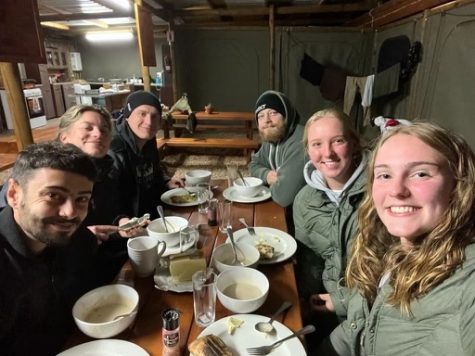
It was near midnight by the time they arrived at Andreas’ parents’ home in George, full from their meal of chakalaka eaten in Johannesburg. The next morning, they ate stale bread in a barren kitchen when an unfamiliar local entered through the back door.
“We acted on our instincts, which told us to hop into the pantry and hide from the unannounced visitor,” Moore said. “We hid there for a good 20 minutes, wondering if we made a mistake coming here.”
When Andreas returned for dinner from her errands, she introduced Moore and Dewhurst to the housekeepers and explained her comfort in keeping an open door. The following week at the Buffelsdrift Reserve, the native Houstonians began their volunteer work.
“Our second week, we stayed in volunteer tents where we shared an outdoor bathroom and a communal kitchen with a lounge area,” Dewhurst said. “We only spent meals and the night there. Otherwise, we were working with the animals.”
Their first task as volunteers was to manually make pots for the resort’s spekbooms, a succulent native to South Africa, handling the pungent soil with their only pair of disposable gloves for the day.
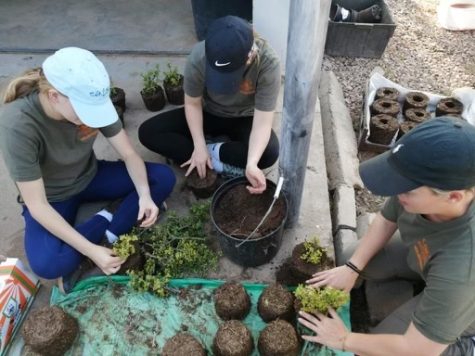
“We used elephant poop to form pots for the spekboom and squashed it to make it more liquid,” Moore said. “For the dung to keep its shape, we added hot glue that cooled down for one minute. Our arms were so sore and the smell was horrendous.”
Moore enjoyed caring for the animals she read about as a child, but she felt most satisfied volunteering in the local communities.
“We would throw leftover wood from the elephant habitat into the trailer and bring it to a small local community living near the reserve,” Moore said. “It reminded me that one man’s trash is another one’s treasure.”
The fallen branches from the elephant foraging were used for firewood or construction in the communities.
But Moore and Dewhurst also had to satisfy the dietary needs of other animals in the sanctuary, including the carnivorous lions.
“Repulsive,” Dewhurst said, recalling the daily deliverance of cow flesh, still with hair and hide, to the lions.
The worst parts of labor were over after two weeks of volunteering at Buffelsdrift, but so were the best parts. Twenty-five hours on a plane flight and they were back in America.
“The entire experience was so surreal; we were both pretty sad to leave, but knew that we had to return to our lives in Houston, and I missed my family,” Moore said. “Most of all, I missed movie nights with my youngest brother, Mitchell.”
Your donation will support the student journalists of Bellaire High School. Your contribution will allow us to purchase equipment and cover our annual website hosting costs.

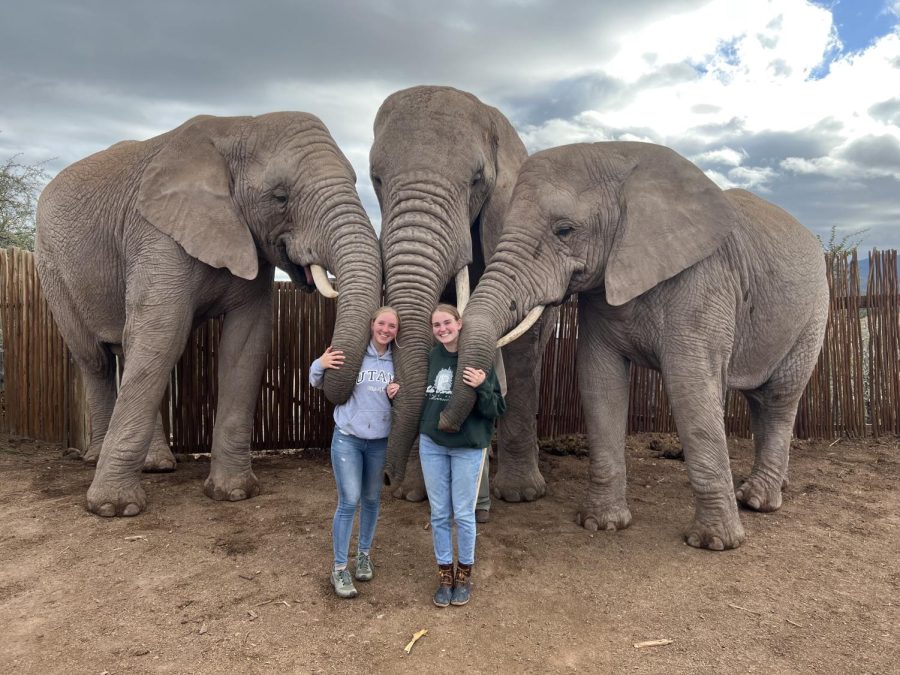
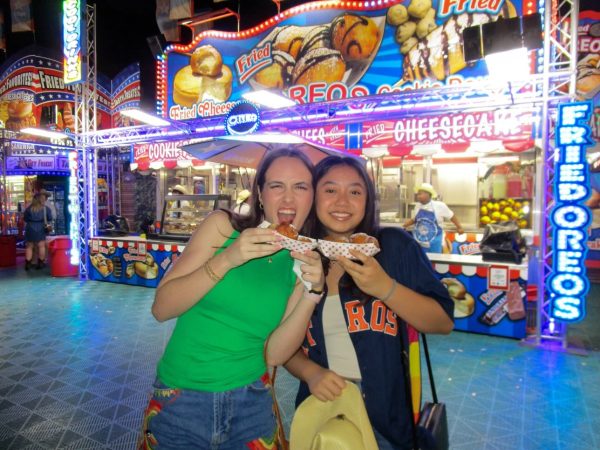
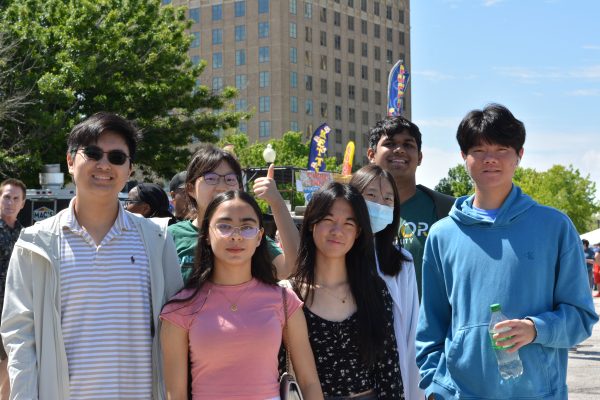
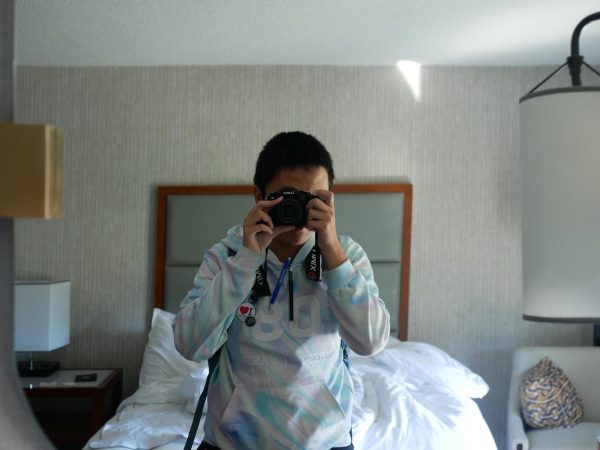
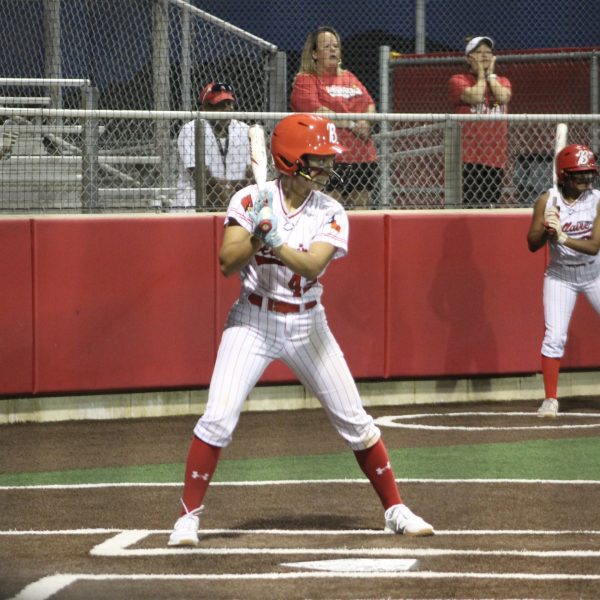
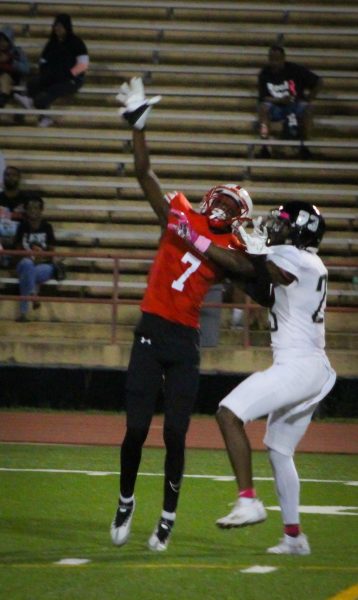
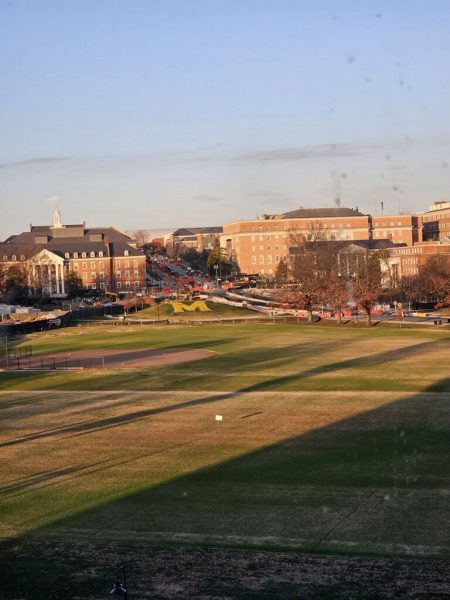
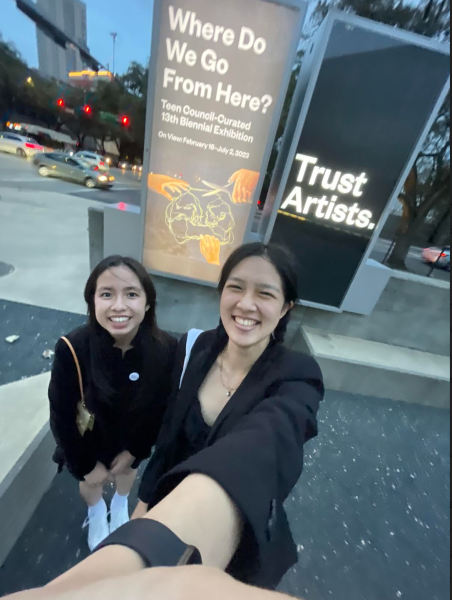
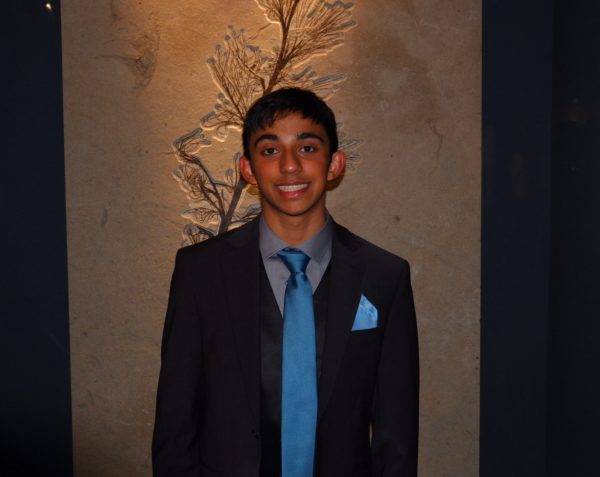
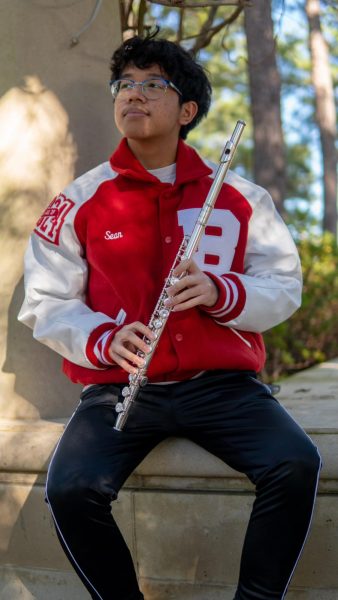
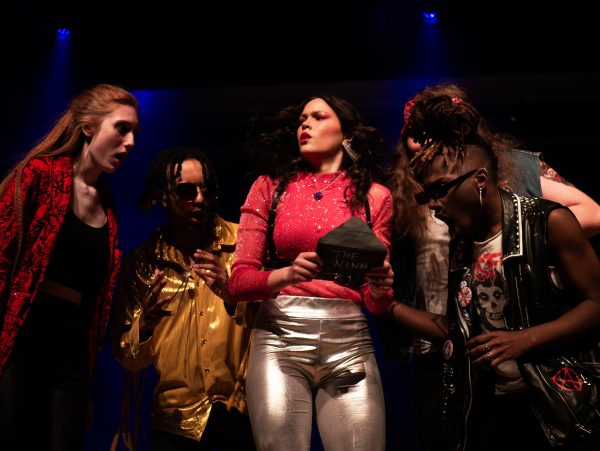
Emma • Dec 18, 2022 at 9:07 pm
One of my favorite stories!